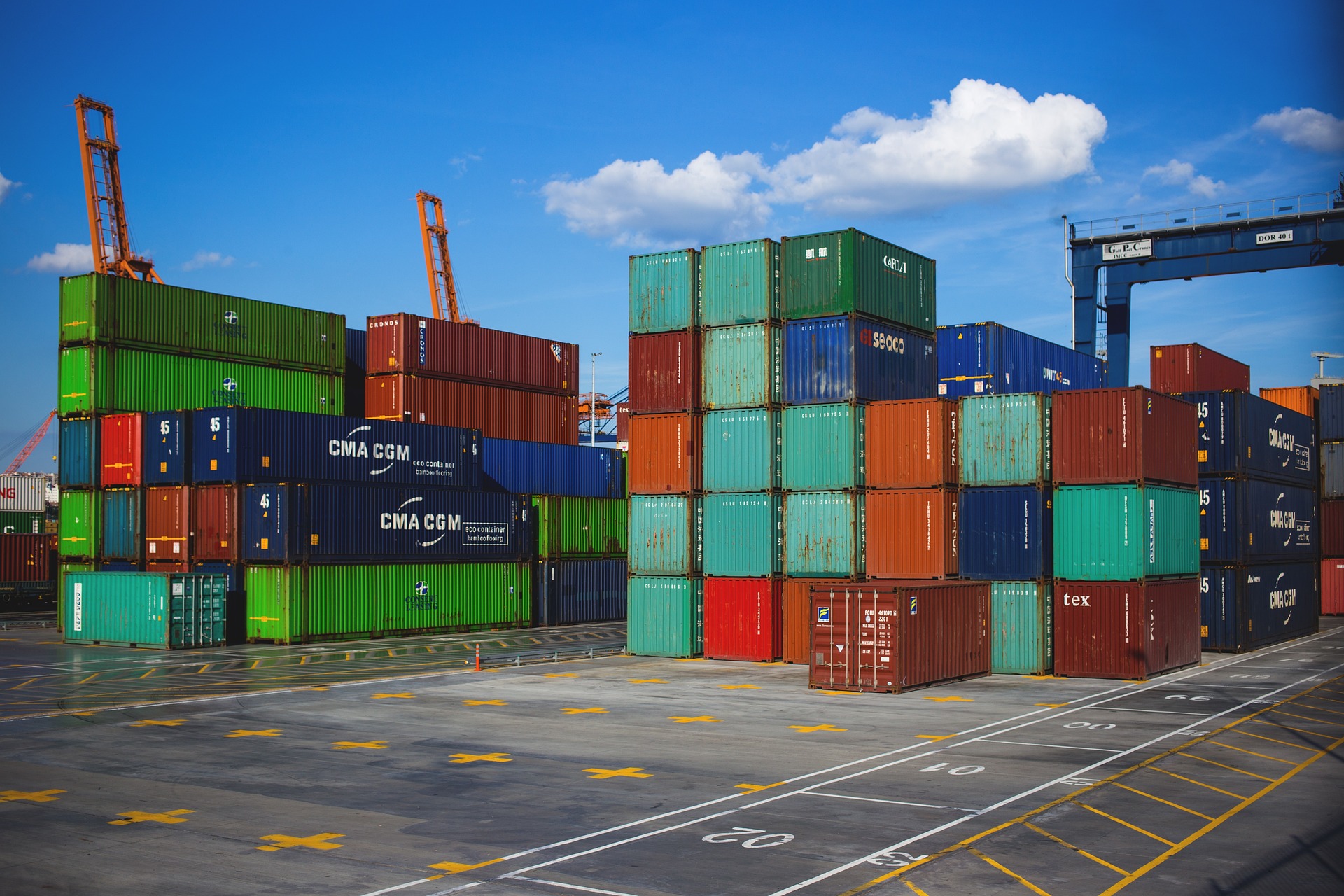In a significant development in the ongoing dispute over train driver pay, the Department for Transport (DfT) has announced a major breakthrough that could potentially bring an end to national rail strikes. The DfT reports that, after a series of productive discussions led by the government, the train drivers’ union ASLEF has agreed to recommend a new pay proposal to its members.
According to a spokesperson from the DfT, the proposed offer includes a 5% pay increase for the year 2022/23, 4.75% for 23/24, and 4.5% for 24/25. This offer will now be put to ASLEF members for a vote in a referendum. The dispute, which has been ongoing for two years, has resulted in 18 days of strike action and refusal to work non-contractual overtime by train drivers, causing significant disruption for passengers.
ASLEF initially voted for industrial action in June 2022 and has renewed its mandates for strikes and other forms of action every six months. The first strike took place in July 2022, followed by regular walkouts and rolling weeks of action leading up to this year’s general election. ASLEF stated that the dispute began due to the refusal of the “Tory government and privatised train companies” to provide train drivers with the pay raise they deserve. The union also highlighted that train drivers have not received a salary increase since 2019, while the cost of living has significantly risen during that time.
General Secretary of ASLEF, Mick Whelan, has described the proposed pay offer as “fair and clean” and is urging drivers to accept it. He stated, “After being treated with utter contempt for the last two years by the privatised train companies and the previous government, we finally have a new government – a Labour government – that listens and wants to make the railway work for staff, passengers, and taxpayers.”
Transport Secretary Louise Haigh expressed her determination to resolve the ongoing rail strikes, stating, “When I took this job, I said I wanted to move fast and fix things – starting by bringing an end to rail strikes.” She further added, “The Conservatives were content to let the taxpayer bear the burden as strikes dragged on, causing suffering for passengers. This Labour government is prioritizing passengers and taking the necessary steps to bring an end to this dispute. If accepted, this offer would allow us to move forward and improve performance for passengers with the most significant overhaul of our railways in a generation.”
However, opposition party members have criticized the proposed pay offer. Tory leadership candidate and Shadow Home Secretary James Cleverly referred to it as an “inflation-busting pay award from the Labour government.” Meanwhile, Shadow Transport Secretary Helen Whately accused Labour of giving in to unions by agreeing to a “no strings” deal that will ultimately be paid for by passengers and taxpayers.
The DfT has also released new industry estimates, stating that train companies have suffered a loss of approximately £850 million in passenger revenue since the start of industrial action in 2022. Taking into account other impacts of strikes, such as people being unable to work, and potential reductions in spending on hospitality and retail, it is estimated that the total impact has exceeded £1 billion.







